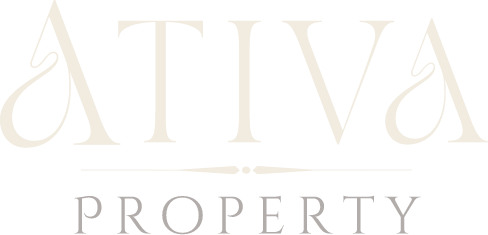Selling your home is an exciting milestone, but it also involves a number of legal steps before the sale is finalised. A few weeks ago, we talked about ensuring a smooth conveyancing process. In this blog, we delve a bit deeper into the process of conveyancing which is handled by solicitors on behalf of both the buyer and the seller. Understanding what happens, and in what order, can help you feel more confident as you move through the process. Here is a closer look at the steps involved.
Appointing a Solicitor
We recommned you appoint your solicitor as or before your property goes up for sale online. This way you will be ready should you receive a fast offer that you wish to proceed with. Once your property is under offer your solicitor will guide you through the entire legal transaction, prepare the necessary documents, and act as the main point of contact with the buyer’s solicitor.
If you are also buying another property, the same solicitor can often act for you in both transactions. At Ativa Property we work with a number of excellent conveyancing solicitors in Edinburgh as recommended by both our buyers and sellers – so if you need a recommendation, just ask! .
Receiving and Accepting An Offer
Once we have found you a buyer, their solicitor will submit a formal written offer to us. We will review this offer with you and advise on any conditions that may need clarification or amendment.
Once you are happy to accept the offer we will pass this over to your solicitor. They will then issue a qualified acceptance, setting out any points that require negotiation. The exchange of letters between solicitors, known as the missives, continues until both parties reach agreement. Once the missives are concluded, the contract becomes legally binding. At this stage, you can no longer withdraw without serious consequences, so your solicitor will ensure you are fully satisfied before reaching agreement.
Preparing the Title and Other Documents
As the seller, you must provide evidence that you have the legal right to sell the property. This is something we as your estate agent confirm with you prior to marketing your property.
Your solicitor will collate the title deeds, prepare a draft disposition (the legal document transferring ownership to the buyer), and gather any other required paperwork such as planning consents or completion certificates for alterations. They will also deal with any lender if there is an outstanding mortgage, ensuring arrangements are in place to repay it from the sale proceeds. To help you prepare for this stage we recommend you read our blog on smooth conveyancing.
Settlement or Completion Day
‘Settlement or Completion Day’ is the point at which ownership formally passes to the buyer. It is also usually the ‘Date of Entry’ for the buyer.
On the agreed date, the buyer’s solicitor will transfer the purchase funds to your solicitor. Once the money has been received, your solicitor will authorise the release of the keys. At this stage, your solicitor will also arrange to pay off your existing mortgage, deduct their and our agreed fees and any other agreed costs, and transfer the balance of the sale proceeds to you.
After Settlement
Even after the funds have cleared, there are a few final tasks.
Your solicitor will complete the registration of the disposition with the Registers of Scotland on the buyer’s behalf, but their role for you as the seller is largely finished once the mortgage is discharged and the balance is paid out.
In Summary
For sellers, the conveyancing process in Scotland typically lasts around six to eight weeks, and it ensures that everything is completed in a structured and legally binding manner. From instructing your solicitor to receiving the sale proceeds, each stage has a clear order. By knowing what to expect and when, you can approach your move with confidence allowing you to focus on your next chapter. To find out more, contact me, Fiona Vernon, on 0131 669 0333 or 07900 605674, or email [email protected] today.





